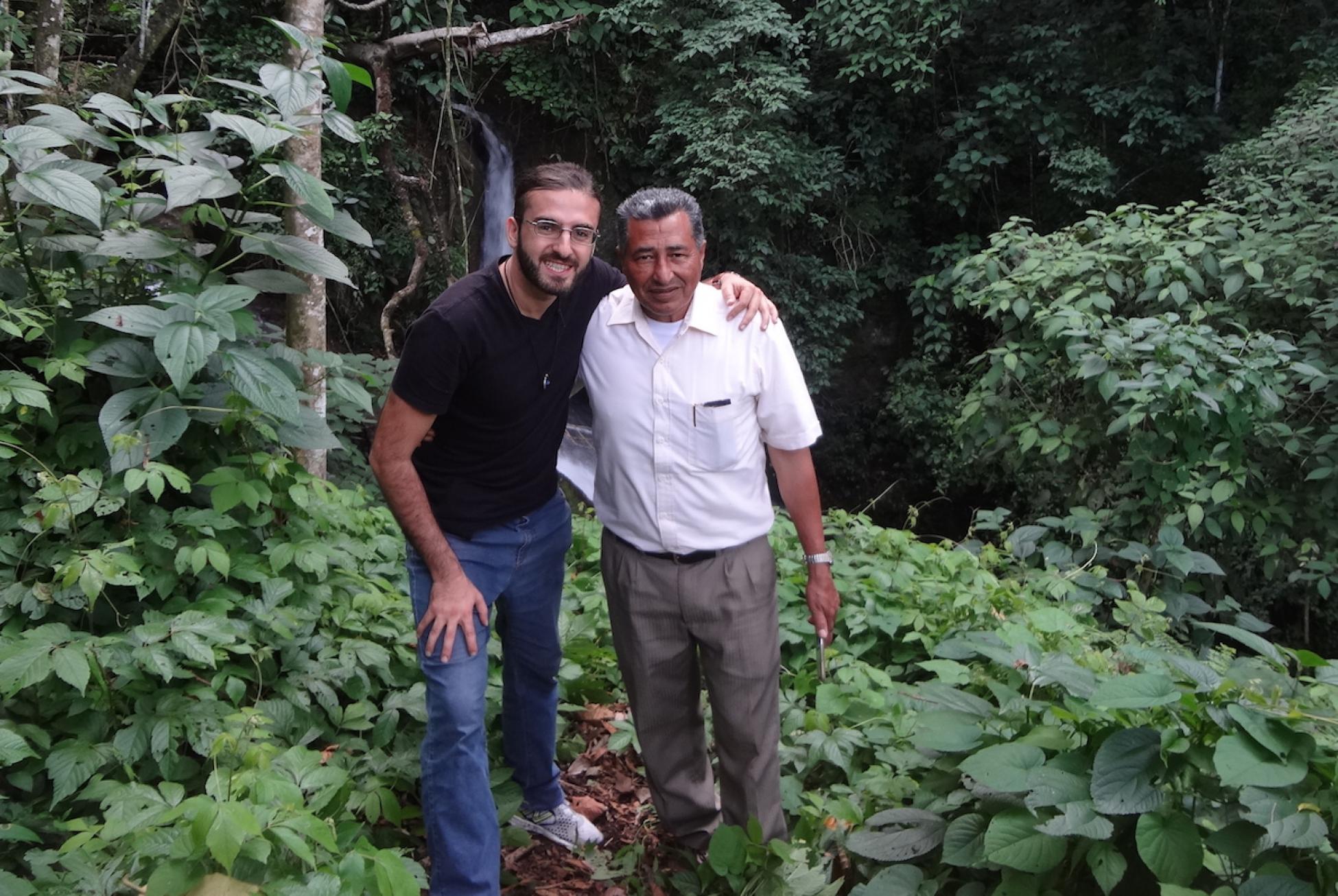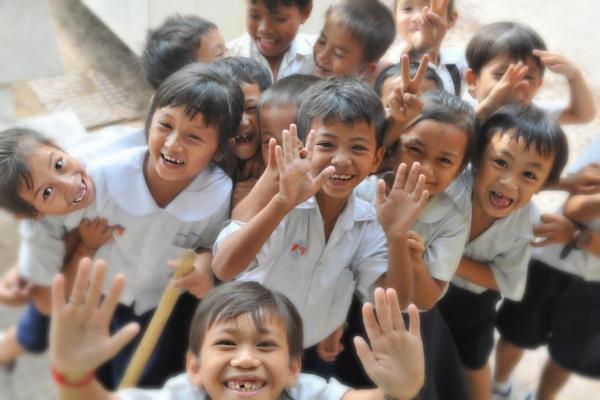Travelling the world, meeting amazing people, and exploring new cultures and environments is truly life-changing—even more so when your travels are aligned with supporting a cause. I have been fortunate to pursue my passion of travel in connection to my work as a human rights advocate. This is a privilege that a great majority of people cannot can not easily claim, and I realize and honour this fact with humility.
That being said, this line of work is not without its hardships. Spending years abroad—often isolated from your usual support systems and family—can be extremely straining emotionally and psychologically, particularly when working with communities and individuals who have experienced violence and conflict. You can try to detach yourself from work, but the suffering of others if bound to affect you.
The best way to get over your own existential crisis is to dedicate yourself wholeheartedly to the betterment of the lives of others.
By the same token, if you spend enough time in conflict zones, part of you may also internalize and normalize these experiences. My friend and colleague, for example, has dedicated 14 years of her life to helping victims of gender discrimination and sexual violence. Throughout her work, she's been targeted by violence and hate. Sometimes you can see it in her eyes: the deep traumas and pains that she carries with her from years of working in the field. It is true what they say—sometimes those who are constantly engaged in the act of helping others can be the ones who may need the most assistance.
So, if you are intent on following a similar path dedicated to helping people around the world, I think there are some key things to consider:
First and foremost, humanitarian work should not be undertaken lightly.
There is preparation that goes into it and personal sacrifice is a natural part of this kind of work.
Often, when working in conflict situations, we have to try and put aside conventional comforts and priorities that we often take for granted. Money, material goals and income should not be your first aims. (In short, if financial comfort is a priority, humanitarian work is probably not the best route for you.)
However, if you really are passionate about assisting those who are less fortunate, you will find this line of work extremely fulfilling.
Be prepared to dedicate time and patience to a goal far greater than yourself.
Life can be hard and chaotic. Yet, as a wise person once told me, the best way to get over your own existential crisis is to dedicate yourself wholeheartedly to the betterment of the lives of others.
For me, during the highs and lows of isolation and solitude, the dedication to a calling higher than oneself, and belief in a noble mission has kept me motivated and given me enormous joy. This joy almost always outweighs my fears and anxieties—emotions that we all wrestle with on a daily basis.
Emotions are teachers that tell us something about ourselves.
I have learned to sit with them, letting them wash over me without reacting to them or becoming overwhelmed by them. This allows me to keep going forward with the cause at hand.
While I am absolutely in love with my work, it's not all smooth sailing all the time. There are risks and difficulties involved that not everyone is suited for. But being able to take small steps towards something that I believe in wholeheartedly is a great privilege that I do not take for granted. It creates a life full of meaning and purpose.
At the end of the day, it's not about how much money you've made, but rather how you've lived your life. Working to promote fundamental rights in solidarity with families, the poor, farmers and local communities is the light and hope that guides me in life.
Add this article to your reading list




